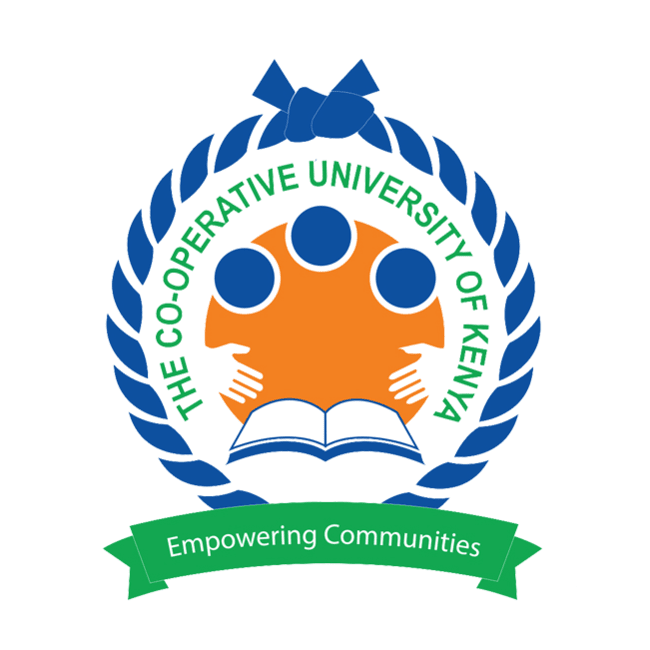i. Scopus
Scopus is a source-neutral abstract and citation database curated by independent subject matter experts who are recognized leaders in their fields. Scopus only accepts journals that meet criteria set out under the Scopus Content Policy. Access to the indexed journals can be found on this link Scopus preview – Scopus – Sources. The journals can be searched by the subject area that the research is about.
ii. Scimago
A comprehensive abstract and citation database that uses Scopus as the source data. The journals can be accessed on this link SJR: Scientific Journal Rankings. The journals can be searched by subject
A multidisciplinary database that indexes high-quality journals. The database can be searched using key words. The search will give a possible listing of journals you can publish in.
iv. Directory of Open Access Journals
A directory of open access journals that meet rigorous quality criteria
v. African Journals Online (AJOL)
AJOL indexes quality African-published scholarly journals. The journals are evaluated based on Journal Publishing Practices and Standards.
N.B: Avoid journals rated as inactive
Features journals adhering to international journal publishing standards
vii. International Bibliography of the Social Sciences (IBSS)
Maintains coverage of core titles central to social sciences research, published by mainstream publishers or learned societies.
viii. Open Access Scholarly Publishing Association (OASPA)
Member publishers meet the Principles of Transparency and Best Practice in Scholarly Publishing developed by:
- The Committee on Publication Ethics
- The Directory of Open Access Journals
- The Open Access Scholarly Publishers Association
- The World Association of Medical Editors
Additional credible platforms
- Journals published by accredited higher education institutions
- Journals published by research organisations
- Journals published by professional associations
Read more about the journal to guide in selecting the specific journal that is a good fit for your manuscript. This information is found on the journals’ website on links with labels such as “about the journal,” “author resources,” or “instructions to authors.”
Selection criteria
Consider:
- The Journal’s aims and scope
- Acceptable submission types (e.g. empirical research, technical reports, or opinion papers)
- Publication frequency. If you are on a tight time schedule, it is advisable to target a journal that publishes more than one issue in a year
NB: Verify publication schedules by checking the journal’s archive or past issues
- Turnaround time- How long does the journal take to publish a manuscript?
Caution: If the turnaround time is unreasonably short, review the journal to verify that it is not a predatory journal.
- Are there any article processing charges?
- If yes, check if the journal qualifies for waivers/discounts that are sometimes given to authors from developing countries (https://wweifl.net/kenya_apcs)
- Review the quality the journal’s sample papers- Is there evidence of peer review and editorial work
- Is the journal indexed in services such as Scopus, Web of Science, Directory of Open Access Journals, Medline and African Journals Online. Indexing enhances the visibility and discoverability of your paper.
N.B: Indexing in Google Scholar is not sufficient in evaluating the credibility of the journal as it does not screen what it indexes
Pre-submission checklist:
- Proof read- You can use AI tools such as Grammarly, Claude AI and Perplexity AI
- Check against author instructions to ensure your manuscripts conforms with the instructions.
- Be cautious of unsolicited invitations to publish
- Consult the Directory of Open Access Journals (DOAJ) for legitimate open access journals
- Check if the journal is listed in Beall’s list of predatory journals and publishers
N.B: Ensure that you have checked the journal and the journal publisher lists
- Reach out to library for help and advice if uncertain
- If you’re not 100% sure the journal is legitimate and publishes scholarly content of good quality, don’t submit your manuscript
Books and book chapters should be published by the following publishers;
i. Local and international university presses
ii. Local and international research institutions
iii. KICD-approved publishers (for high school textbooks)
iv. Books published by publishers that are not (I, II and III) above, the authors will be required to submit three (3) subject expert references that can for evaluate the publications
v. Open access books:
- The book must listed in the Directory of Open Access Books (DOAB)
- The publisher should be a member of Open Access Scholarly Publisher’s Association or any other recognized trade association
i. Conference papers can be presented at conferences organized by universities, research institutions and professional associations
General advice
![]()
ThinkCheckSubmit is an international, cross-sector initiative that aims to educate researchers, promote integrity, and build trust in credible research and publications. It has been produced with the support of a coalition from across scholarly communications in response to discussions about deceptive publishing. It provides useful guidelines for evaluating journals and publishers of book and book chapters.
